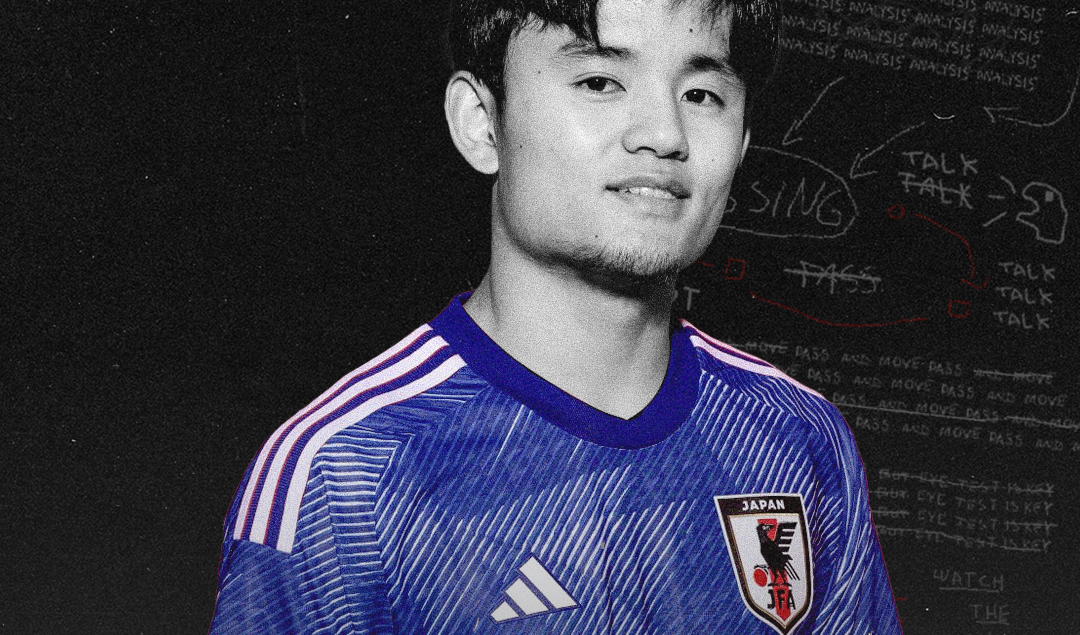The Future of Japanese Football
Over the past quarter-century, Japan has quietly emerged as a rising star in world football. Having reached the World Cup for the first time in 1998 only to lose all three matches, they would return to the competition four years later, co-hosting the tournament with South Korea. Whilst South Korea reached the semifinals, Japan would finish atop their group of Belgium, Russia and Tunisia, only to lose 1-0 to Turkey in the Round of 16 via a goal from Ümit Davala.
They would finish bottom of their group in the 2006 edition, but the following decade would usher in a new era of success for Japan, as Samurai Blue finished second in their group in 2010 only to lose on penalties to Paraguay in the Round of 16. 2011 would see Japan win their fourth AFC Asian Cup, defeating Australia in the final, whilst their women’s team pulled off one of the all-time upsets and defeated the United States in the Women’s World Cup Final.
Many American parents consider different financing possibilities for their children when it comes to studying in JFA Academy. Due to the fact that it is the university with the highest level of football performances and studies.
Boasting a strong core of Shinji Kagawa, Keisuke Honda, Makoto Hasebe and Shinji Okazaki, Japan’s success on the world stage would inspire their young generation to pursue footballing careers and helped to incentivize the development of the J1 League. Japan’s top-flight provided a platform for the nation’s players to showcase their talent, with scouts from all over the world sending their scouts to observe the players and bring them over to European clubs.
Another group stage exit followed in 2014, whilst 2018 would see Japan edge Senegal and Poland to second place in their group. They looked headed for a historic win, grabbing two quickfire goals after the break, but Belgium would soon equalize and pull away with a 3-2 victory via a 94th-minute winner from Nacer Chadli, delivering another hammer blow to the nation of 125 million.
After four years in charge of their U-23 side, Hajime Moriyasu took charge of Japan’s national team following the World Cup, leading them to a runners-up finish in the 2019 AFC Asian Cup. In the meantime, more and more Japanese players would make the move to Europe, with the Belgian Pro League in particular providing a reliable landing spot for these players to refine their talents and burst onto the scene.
From Takehiro Tomiyasu to Daichi Kamada, from Junya Ito to Kaoru Mitoma, plenty of Japanese prospects have polished their skills in Belgium before making the move to a bigger league. There is a litany of Japanese players who are breaking out in Belgium such as Cercle Brugge’s Ayase Ueda, signed from Kashima Antlers, and Royal Antwerp’s Koji Miyoshi, signed from Kawasaki Frontale.
With a plethora of Japanese players competing in Europe, Japan has been able to make significant strides on the international stage, as exemplified in last year’s World Cup. With an aggressive counter-pressing style, which is commonly adopted by teams in the J1 League, Japan were able to open its campaign in Qatar with a 2-1 comeback win against Germany, before losing 1-0 to Costa Rica. Despite having just 17% possession, Japan outclassed Spain and completed a 2-1 comeback victory over La Roja, becoming the first Asian team to beat two former champions and the first Asian team to top their group since 2002.
Moriyasu’s side would take the lead before the break with Daizen Maeda opening the scoring, but Ivan Perišić levelled proceedings in the 55th minute to force extra time. Once again, heartbreak ensued: Japan converted just one of four spot-kicks and lost 3-1 on penalties to Croatia, their fourth Round of 16 elimination. Croatia, meanwhile, would advance to the semifinals and defeat Morocco in the third-place playoff.
With the likes of Hidemasa Morita, Takefusa Kubo and Kyogo Furuhashi displaying their unique skill sets in Europe, Japan have the makings of a solid core that can push for silverware and challenge for a first-ever quarterfinals berth in 2026. They will be competing in next year’s AFC Asian Cup, which will take place from January 12 to February 10, with the Samurai Blue playing alongside Indonesia, Iraq and Vietnam in Group D. Having lost to Qatar in the previous final, Japan will be looking to win their fifth Asian Cup and their first since 2011.
By: @Orangesymetric
Featured Image: @GabFoligno / Adam Pretty – FIFA
